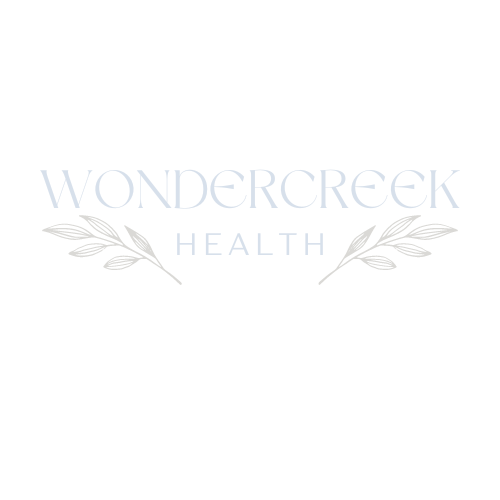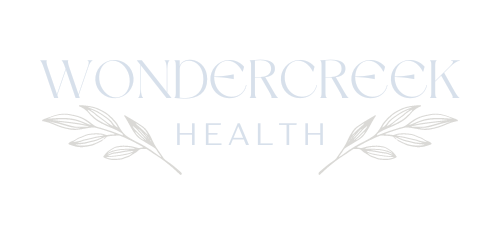Navigating Menopause Naturally—A Holistic Approach to Restoring Balance and Healthspan

As a menopause specialist, I’ve encountered many women who arrive at my clinic burdened with a multitude of diagnoses—depression, anxiety, fibromyalgia, palpitations, chronic fatigue, and more. These women have often been treated by various specialists, each prescribing a different medication, yet their core issue—hormonal fluctuations associated with menopause—remains unaddressed. This scenario highlights a critical problem in healthcare: the over-medicalization of menopause.
The Problem with Over-Medicalization
When women present with symptoms such as mood swings, insomnia, joint pain, or cognitive changes, they are frequently misdiagnosed. Rather than addressing the hormonal imbalances that drive these symptoms, many women are prescribed antidepressants, anti-anxiety medications, or painkillers. This approach not only fails to address the root cause but often results in a cycle of polypharmacy, where the original issues remain untreated or worsen due to side effects.
Menopause is a natural life transition, not a disease. Yet, our healthcare system often treats it as a series of medical problems. This fragmented approach leads to over-medicalization—where normal physiological changes are pathologized and treated with an array of drugs rather than through a holistic understanding of a woman’s health.
Restoring Balance: A Holistic Approach
At Wondercreek Health, my approach is different. I recognize menopause as a natural phase of life that, while challenging, doesn’t require a cascade of medications. Instead, my focus is on restoring balance in the body through lifestyle modalities that balance stress, reduce harmful stressors, decrease inflammation, and build resiliency in the body.
- Lifestyle Modifications: I emphasize the importance of a healthy diet, regular exercise, stress management, and adequate sleep. These lifestyle factors are crucial in managing menopausal symptoms and supporting long-term health. By reducing inflammation, balancing stress, and enhancing the body’s resiliency, these interventions can alleviate many symptoms that are otherwise misdiagnosed and over-medicalized.
- Targeted Use of Hormone Therapy: While lifestyle changes are foundational, I also recognize that many women benefit from Menopausal Hormone Therapy (MHT). My approach is careful and individualized, using shared decision-making to determine the best course of action. Hormone therapy is carefully tailored and adjusted as each woman progresses through her unique journey. Perimenopause and menopause are not one-size-fits-all conditions; they are journeys that last for many years and require fluid, adaptable treatment plans. I see my role as sitting beside you on this rollercoaster, providing the support and expertise needed to navigate each twist and turn.
- Preserving and Aligning Healthspan: One of the primary goals of my care is to preserve and align your healthspan—the period of life spent in good health. I focus on preparing your body to handle life’s inevitable challenges, ensuring that you remain independent, active, and free from disability or chronic pain for as long as possible. While we can’t prevent every disease or challenge that comes our way, a well-supported body is better equipped to respond to and manage those bumps in the road.
- Comprehensive Care: I strive to treat the whole person, not just the symptoms. This means taking the time to understand each woman’s unique experience of menopause, considering both her physical and emotional well-being. Together, we develop personalized care plans that reflect your individual needs and preferences, ensuring that you are fully supported throughout your menopause journey.
The Path Forward
By shifting the focus from over-medicalization to a more balanced, holistic approach, I can help women navigate menopause with greater ease and confidence. It’s time to move away from treating menopause as a collection of diseases and start recognizing it as a natural, manageable life stage. With the right support, women can not only survive menopause but thrive during and after it.
At Wondercreek Health, I am committed to providing the care and guidance you need to restore balance, empower you, and support you through this important transition. If you’re tired of the endless medications and misdiagnoses, I’m here to help you find a more natural and effective path to wellness.
-Dr. Anna
WonderCreek Health Blog



